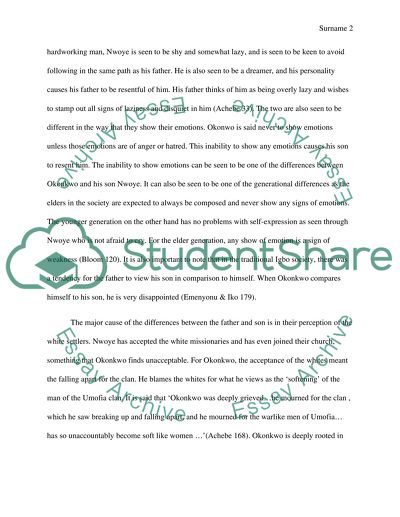Cite this document
(“Things Fall Apart by Chinua Achebe Research Paper”, n.d.)
Retrieved from https://studentshare.org/literature/1447917-things-fall-apart-by-chinua-achebe
Retrieved from https://studentshare.org/literature/1447917-things-fall-apart-by-chinua-achebe
(Things Fall Apart by Chinua Achebe Research Paper)
https://studentshare.org/literature/1447917-things-fall-apart-by-chinua-achebe.
https://studentshare.org/literature/1447917-things-fall-apart-by-chinua-achebe.
“Things Fall Apart by Chinua Achebe Research Paper”, n.d. https://studentshare.org/literature/1447917-things-fall-apart-by-chinua-achebe.


